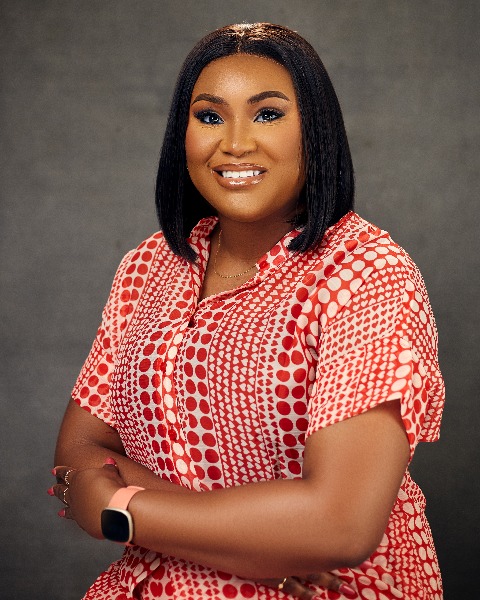Poster Presentation
Social Justice and Health Equity
Thursday Evening Poster Reception
THURS-081 - From the Head to the Heart: 30 Years Later with Health Beyond the Western Paradigm
Thursday, April 17, 2025
5:30 PM - 6:30 PM PST
Location: Pacific I/II, 2nd Floor
Area of Responsibility: Area III: Implementation
Subcompetencies: 2.3 Determine health education and promotion interventions., 6.1.2 Identify the assets, needs, and characteristics of the audience(s) that affect communication and message design (e.g., literacy levels, language
Research or Practice: Practice
Subcompetencies: 2.3 Determine health education and promotion interventions., 6.1.2 Identify the assets, needs, and characteristics of the audience(s) that affect communication and message design (e.g., literacy levels, language
Research or Practice: Practice

Ucheoma C. Nwaozuru, PhD (she/her/hers)
Assistant Professor
Wake Forest University School of Medicine
Winston-Salem, North Carolina, United States
Poster Presenter(s)
Learning Objectives:
At the end of this session, participants will be able to:
- Describe how culture plays a role in the designing and implementing of people-centered programs and interventions.
- Identify practical strategies for creating culturally tailored programs that respect and engage diverse populations.
- Engage diverse populations.
Detailed abstract description: The journey of the head and heart is an important reflection needed to understand and frame health promotion work and research with communities and people. Thirty years ago, Dr. Airhihenbuwa, in his book Health and Culture- Beyond the Western Paradigm, made this case by emphasizing the role of culture and a strength-based approach to developing and implementing health interventions. In addition, the book highlights the PEN-3 cultural model, a framework for understanding the ways that health knowledge, beliefs, and actions are produced at micro (personal, family, community) and macro (institutions and systems of power) levels. PEN-3 emphasizes three inter-related dimensions of health behavior and three core considerations in each: a) relationships and expectations (perception, enablers, and nurturers), b) cultural empowerment (positive, existential, and negative), and c) cultural identity (person, extended family, neighborhood). An innovation of this model is how it highlights the unique and positive aspects of culture, often relegated as negatives or deterrents to positive health behaviors. Thirty years after the publication of this book, there is still a need for strength-based approaches beyond the typical deficit approaches. This roundtable will serve as an opportunity to reflect on the progress toward people-centered health interventions and identify further improvement and innovation areas. The panelists will discuss examples of developing culturally appropriate health programs and interventions, representation, and the importance of acknowledging differences. Key objectives include understanding the critical role of cultural relevance in the design and implementation of health interventions and exploring practical strategies for creating culturally tailored programs that respect and engage diverse populations. The panelists include Dr. Collins Airhihenbuwa, Dr. Juliet Iwelunmor, Dr. Titi Okoror, Dr. Valerie Newsome, and Dr. Derek Griffith, all experts in the role of culture and health.
